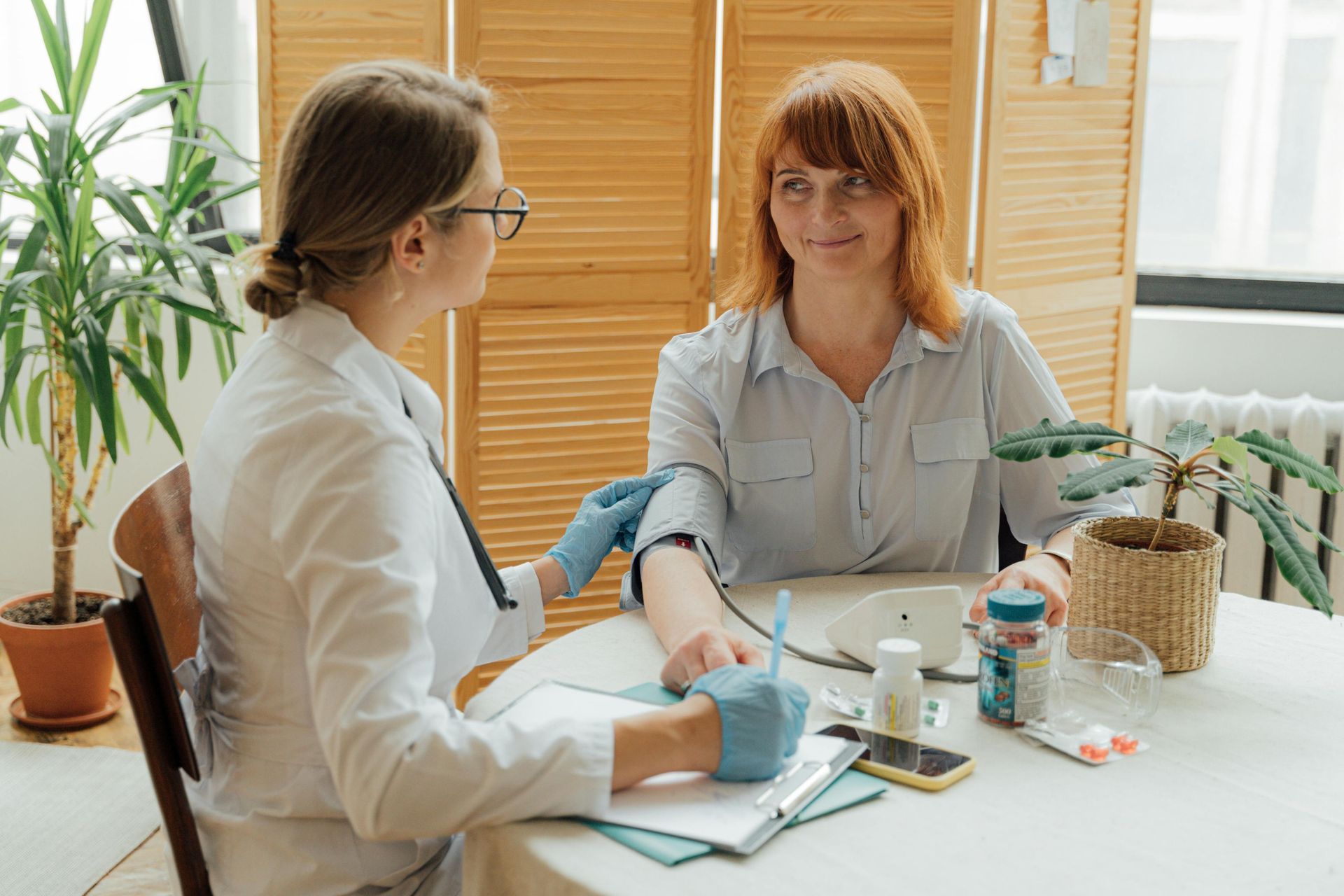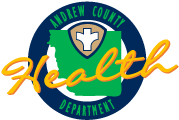Environmental health risks can impact our well-being in ways we may not always see. From the water we drink to the air we breathe, everyday hazards can pose potential risks if not managed properly. The Andrew County Health Department is committed to helping residents understand these risks and adopt practical steps to create a healthier home environment. Here are key areas to focus on to keep your family safe.
1. Ensuring Safe Drinking Water
Clean, safe drinking water is essential to good health. Contaminated water can carry harmful bacteria, chemicals, or heavy metals. To protect your household:
- Test your well water annually for bacteria, nitrates, and other contaminants.
- Be mindful of potential water sources near agricultural areas or industrial sites that could affect water quality.
- If your home is connected to a public water system, review the Consumer Confidence Report (CCR) for information on your local water quality.
- Use certified water filters if you have concerns about contaminants in your home’s water supply.
The Andrew County Health Department provides guidance on water testing and can recommend certified testing services.
2. Safe Pest Control Practices
Pests such as mosquitoes, rodents, and ticks can spread diseases like Lyme disease and West Nile virus. Here’s how to reduce pest risks safely:
- Seal cracks, gaps, and other entry points around your home to prevent pests from getting inside.
- Use natural pest control methods when possible, such as traps or non-toxic repellents.
- If pesticides are necessary, follow product labels carefully and keep chemicals out of reach of children and pets.
- Regularly clear standing water around your yard to reduce mosquito breeding grounds.
Our department offers educational resources on safe pest control methods to help protect your family and pets from harmful exposures.
3. Reducing Exposure to Harmful Chemicals
Household cleaners, lawn products, and other chemicals can pose risks if used improperly. To minimize exposure:
- Store chemicals in their original containers, clearly labeled, and out of reach of children.
- Follow instructions carefully when using cleaning supplies, pesticides, or fertilizers.
- Improve indoor air quality by ventilating your home when using products that emit fumes.
- Consider switching to environmentally friendly cleaning products that are less toxic.
4. Managing Mold and Indoor Air Quality
Poor indoor air quality can worsen allergies and respiratory issues. To keep your home safe:
- Regularly inspect your home for leaks and repair them quickly to prevent mold growth.
- Use dehumidifiers in damp areas like basements to control moisture levels.
- Clean and replace air filters in your HVAC system regularly to improve airflow and remove airborne pollutants.
5. Proper Waste Disposal and Recycling
Improper disposal of hazardous materials can harm both the environment and your family. Follow these tips for safer waste management:
- Dispose of expired medications through approved drug take-back programs.
- Follow local guidelines for disposing of paint, oil, batteries, and other hazardous materials.
- Recycle responsibly to reduce landfill waste and protect the environment.
Local Resources for Environmental Health Support
The Andrew County Health Department offers educational resources, testing services, and community programs to help families reduce environmental risks. We work closely with local organizations to ensure residents have access to clean water, safe food practices, and healthy home solutions.
For more information on protecting your family from environmental health risks or to access local services, visit Andrew County Health Department or contact our office directly.
By staying informed and taking simple precautions, you can create a safer, healthier environment for your family and community.






